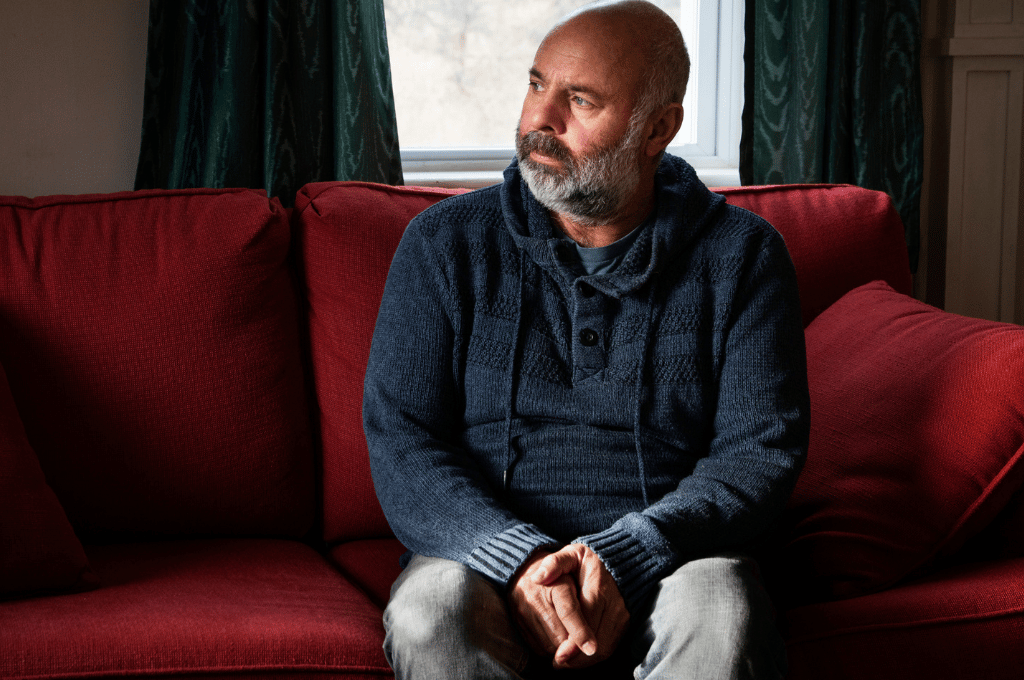As we turn back the clocks for Daylight Savings Time this Sunday, keeping general mood changes in mind is important. Making this time adjustment can have many affects on our bodies and our mental health. According to Healthline, changing our clocks twice a year greatly impacts our health, with fall causing a decline in mental health.

Entering the winter months causes less sun exposure for our skin, creating a decrease in vitamin D. While Daylight Savings Time does not directly cause mental health conditions, these changes commonly affect those with pre-existing mental health conditions or those more susceptible to anxiety or depression. Seasonal affective disorder, or seasonal depression, often occurs during this time period. Symptoms of seasonal affective disorder include depressive feelings, withdrawal, lack of motivation, or inability to concentrate.
Another one of the biggest factors which arise through Daylight Savings Time is sleep disruption. According to the American Academy of Sleep Medicine, both the transition in and out of Daylight Savings Time can cause mood disturbances and sleep disruption, especially for individuals susceptible to feeling anxious or depressed.
To navigate the changing of the seasons and the impact of Daylight Savings Time, exercising, healthy eating, and daily routine are great ways to combat symptoms of changing mental health. Spending more time outside, especially in the morning, has also been known to alleviate symptoms.
The impact of Daylight Savings Time can affect every individual in a different way. If you or someone you love feels an increase in mental health concerns, consider speaking with a professional to navigate the treatment process. To learn more about Oaks services or schedule an appointment, call our Access Center at 1-800-963-3377 or fill out a contact form.








